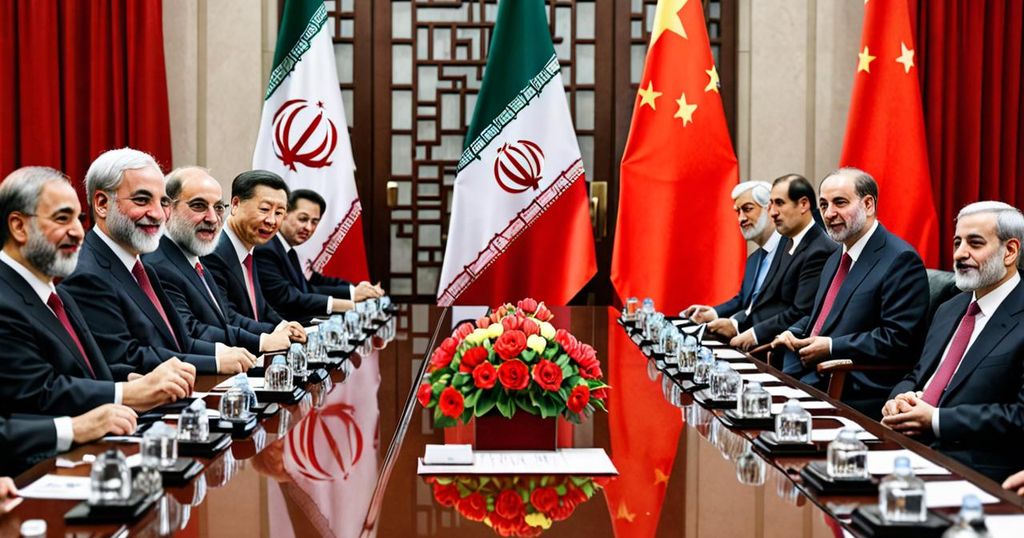The recent announcement of China’s 2024 economic plan has elicited a range of responses from businesses and investors. Premier Li Qiang’s presentation to the National People’s Congress detailed intentions for moderate spending increases and a substantial rise in military funding, highlighting the nation’s dedication to technological progress.
Nevertheless, the plan has left many international businesses and investors disheartened, as it does not provide specific strategies to carry out anticipated reforms. Anticipation for reform, liberalization, and reassurance were noticeably absent from Li’s speech. James Zimmerman, a former leader of the American Chamber of Commerce in Beijing, observed that the lack of transparency, combined with a perception of stagnation, has prompted foreign businesses to reevaluate their investment plans in China.
The choice to forgo the premier’s annual press conference, which commonly occurs following the conclusion of the congress, has further heightened concerns regarding transparency. Tianchen Xu of the Economist Intelligence Unit remarked that the announcement simply echoed the government’s rhetoric from recent months and emphasized the necessity for substantial actions to correspond with the strong commitments made by the Chinese government.
This dearth of tangible progress has resulted in a decline in Chinese markets and prompted heavy selling of technology stocks. Major e-commerce companies such as Alibaba, Baidu, and JD.com witnessed a drop in their shares, indicating a lack of faith in the government’s economic goals. Lynn Song, chief economist for Greater China at ING Economics, observed the challenging path ahead for China to achieve 5% growth in 2024, particularly in light of the absence of post-pandemic economic assistance and below-average global demand.
Despite the skepticism surrounding the plan, there are positive initiatives outlined in the blueprint. China plans to encourage consumers to transition from old appliances and cars to electric vehicles, increase investment in research and development, and allocate significant funds for military expansion and industrial upgrades. The country also aims to promote domestic demand and accelerate the development of technological infrastructure, aligning with its objective to achieve “carbon neutrality” and decrease energy consumption.
The direction of China’s economic policies will undoubtedly impact both domestic and foreign companies. As the congress draws to a close next week, the fate of the economic blueprint remains uncertain. It remains to be seen whether the government will take concrete steps to address the concerns of businesses and investors.
In conclusion, China’s 2024 economic plans prioritize technological advancements and military expansion. However, the absence of reform and reassurance in the work report has left foreign businesses and investors doubtful about the country’s economic trajectory. It remains to be seen whether the Chinese government will take substantial actions to match its ambitious commitments and restore confidence in its economic policies.








